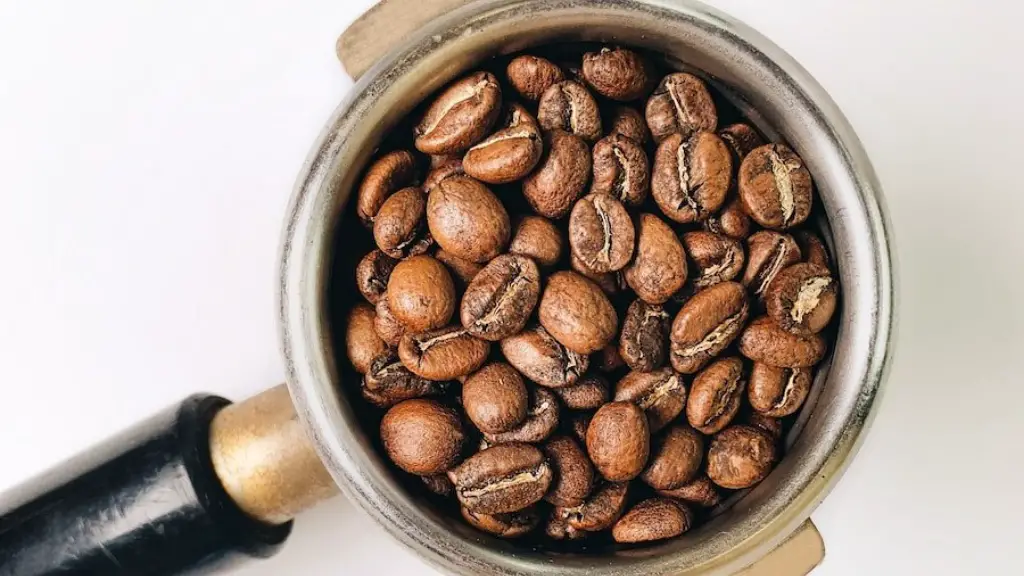Introduction
Beta blockers are prescription medications that are used to treat conditions such as high blood pressure, angina, congestive heart failure, or cardiac arrhythmias. Beta blockers block certain hormones, like adrenaline, and slow heart rate. While beta blockers are generally considered safe, they can have adverse reactions when taken with other medications, including caffeine. This article will explore whether it is safe to drink coffee while taking beta blockers and the potential risks or side effects that could result.
General Effects of Beta Blockers
A beta blocker is a type of drug classified as a beta-adrenergic receptor antagonist. This means that beta blockers block the effects of hormones such as adrenaline and noradrenaline. By blocking these hormones, beta blockers can have a number of effects on the body. These include reducing heart rate and blood pressure, as well as preventing migraines and treating anxiety.
Potential Side Effects of Beta Blockers and Coffee
Although there is no specific drug-drug interaction between beta blockers and caffeine, there are a few potential side effects that can occur when drinking caffeinated beverages while taking beta blockers. For example, caffeine can increase heart rate and blood pressure, which can counteract the effects of beta blockers and make them less effective. Additionally, caffeine can cause insomnia and nervousness, which can be exacerbated by beta blockers. Finally, caffeine can cause dehydration, which can be worsened by beta blockers.
Expert Opinion
According to experts, it is important to be aware of the potential interaction between caffeine and beta blockers. For example, Dr. Karen Weisman, a Los Angeles-based cardiologist, explains, “Drinking coffee while taking beta blockers is generally safe. However, it is important to note that the effects of the two substances can interact and potentially reduce the effectiveness of the beta blockers.” Thus, it is important to consult with a healthcare professional before combining beta blockers and caffeine.
Interaction by Age and Health Status
The potential adverse effect of combining caffeine and beta blockers can vary based on age and health status. For example, older people are more susceptible to side effects and should be more cautious when combining caffeine and beta blockers. Additionally, people with underlying health conditions such as high blood pressure, arrhythmias, or heart failure should be more cautious when combining the two drugs due to their potential to counteract one another’s effects.
Medication Adjustments
People taking beta blockers may need to make medication adjustments to ensure that their medication is effective. For example, if someone is taking a beta blocker to lower blood pressure, then drinking a lot of coffee could counteract this effect and cause their blood pressure to increase. Thus, it is important to pay attention to how much caffeine is consumed and to adjust the beta blocker dosage as necessary.
Clinical Recommendations
In general, experts recommend that people taking beta blockers should limit their consumption of caffeine and should not exceed 400 mg per day. Additionally, they recommend avoiding caffeine four to six hours before bedtime to reduce the potential for insomnia and anxiety.
Staying Informed
It is important for people taking beta blockers to inform their doctor or pharmacist of any supplements or drugs that they are taking, including caffeine. This will ensure that their doctor can provide the most accurate and up-to-date information on how best to take the medication.
Monitoring Symptoms
When taking beta blockers and consuming caffeine, it is important to monitor any changes in symptoms such as heart rate, blood pressure, and insomnia. People should contact their doctor if any of these symptoms worsen or become more frequent.
Seeking Professional Advice
It is important to speak to a doctor before combining coffee and beta blockers. A doctor can provide the most accurate and up-to-date information on how best to take the medication, as well as instructions on how to monitor symptoms, adjust medications, and seek emergency care if needed.
Caffeine Alternatives
Finally, for people taking beta blockers, there are a number of alternatives to caffeinated beverages that can provide the energy and alertness that caffeine provides without the potential side effects. These alternatives include herbal teas, decaffeinated coffee, and energy drinks that are specifically formulated for people taking beta blockers.


